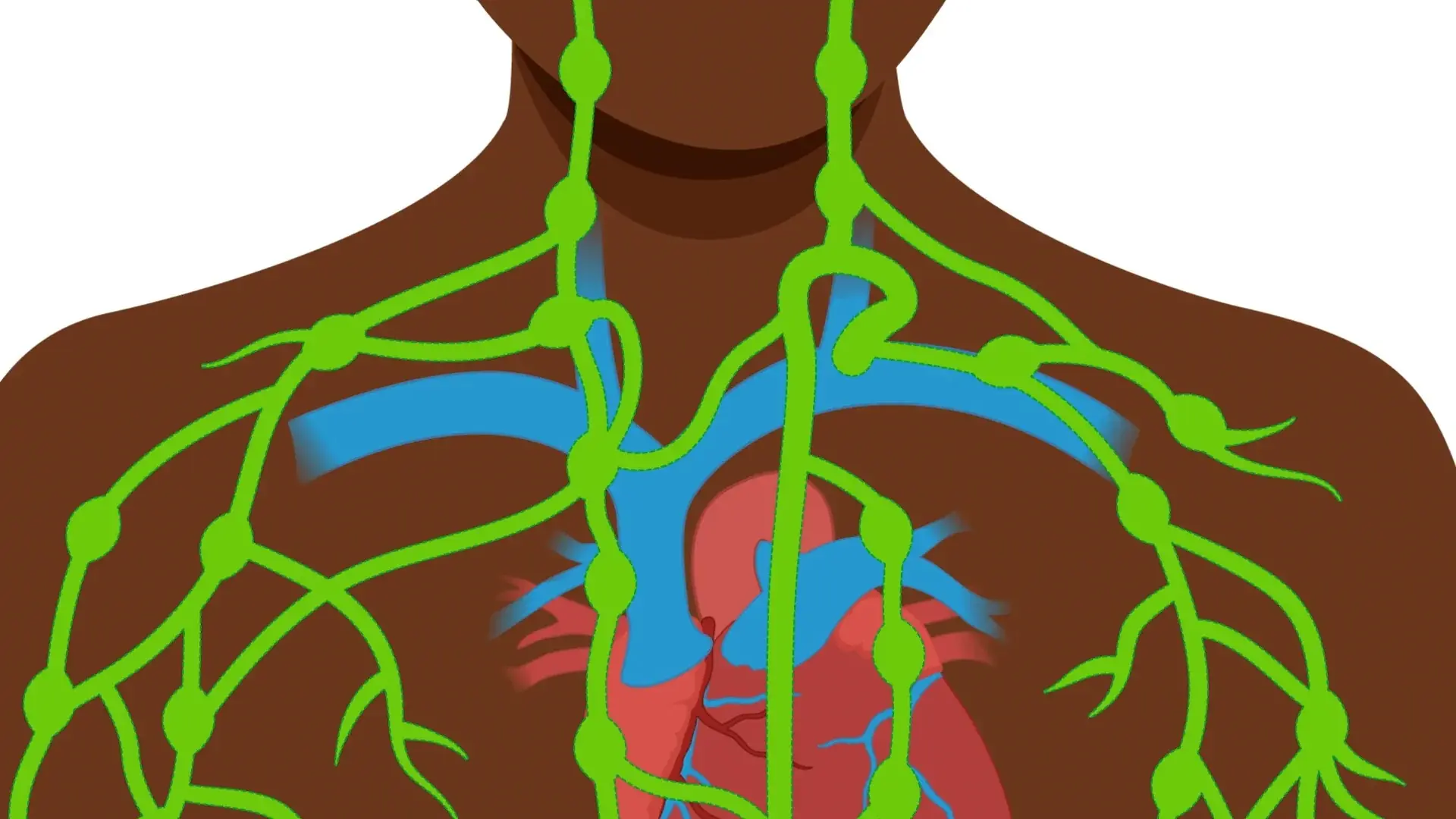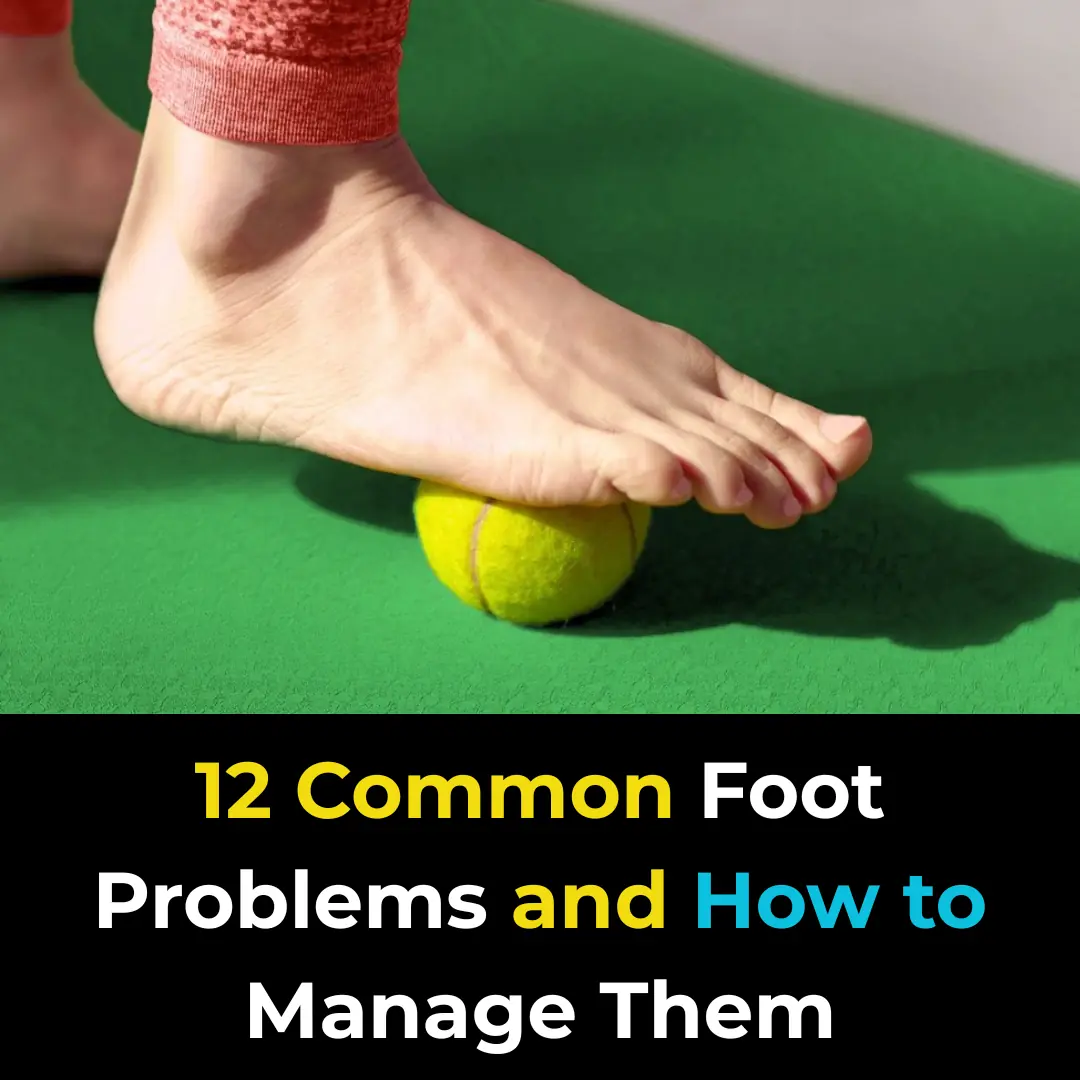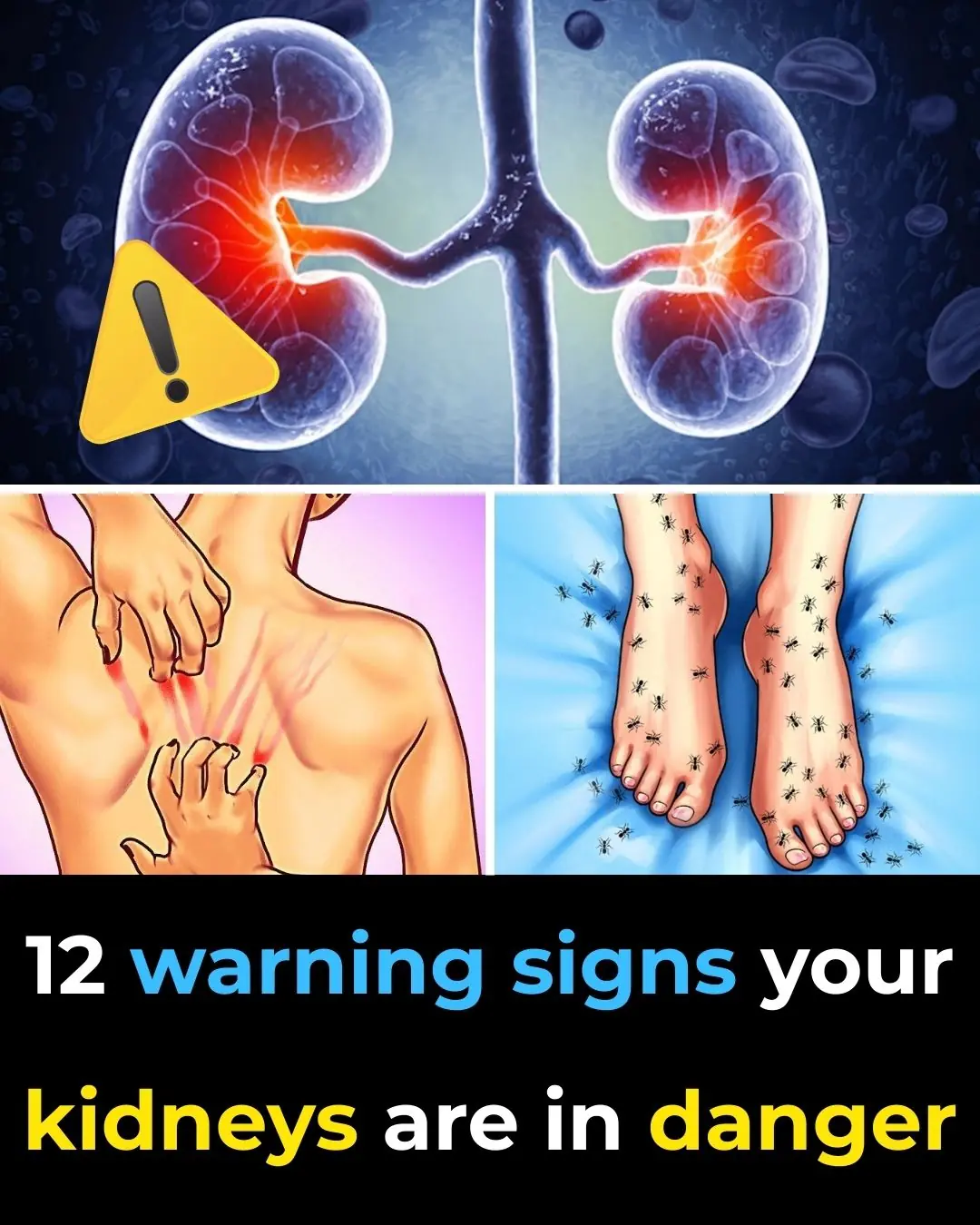
Taking the Stairs Could Help You Live Longer
Looking for a simple way to improve your heart health and even extend your life? According to new research from the United Kingdom, one of the easiest lifestyle changes you can make is choosing the stairs over the elevator or escalator.
The study, presented at the ESC Preventive Cardiology 2024, a scientific congress of the European Society of Cardiology (ESC), found that individuals who regularly climbed stairs had a significantly lower risk of dying from cardiovascular disease and from any cause compared with those who consistently skipped them.
“If you have the choice of taking the stairs or the lift [elevator], go for the stairs, as it will help your heart,” explained study author Dr. Sophie Paddock, MBBS, of the Norwich University Hospital Foundation Trust and the University of East Anglia. “Even brief bursts of physical activity have beneficial health impacts, and short bouts of stair climbing should be an achievable target to integrate into daily routines.”
Why Small Activities Matter for Heart Health
This new research reinforces a major shift in the way experts view physical activity. In the past, U.S. guidelines (before 2018) recommended that exercise sessions had to last at least 10 minutes to count toward the weekly goal of 150–300 minutes of moderate activity or 75–100 minutes of vigorous activity.
But the 2018 update to the physical activity guidelines changed that perspective entirely. Now, any form of movement — even short and simple activities such as a brisk walk across a parking lot, carrying groceries upstairs, or vacuuming your living room — can contribute toward your weekly activity total. The idea is that “movement snacks,” small pieces of activity sprinkled throughout the day, can add up to meaningful benefits for heart health.
Yet despite the evidence, most adults still fall short. In the United States, only about 1 in 4 adults achieves the recommended weekly exercise targets. This lack of movement has serious implications, given that heart disease remains the leading cause of death worldwide.
The Impact of Stair Climbing: Up to 39% Reduction in Death Risk
To measure whether stair climbing could really make a difference, researchers conducted a meta-analysis — a review that combines the best available data from multiple studies. They looked at nine studies covering nearly half a million people aged 35 to 84, including both healthy individuals and those with a history of cardiovascular conditions such as heart attacks or peripheral arterial disease.
The results were striking:
-
Stair climbing was associated with a 24% lower risk of death from any cause.
-
It was also linked to a 39% lower risk of dying specifically from heart disease.
-
In addition, stair use reduced the likelihood of developing major cardiovascular events such as heart attacks, strokes, and heart failure.
Dr. Paddock emphasized that these findings suggest stair climbing can be a powerful protective habit.
Do Stair Climbers Already Live Healthier Lives?
Of course, one important question remains: Are the benefits solely due to stair climbing, or do they reflect the fact that people who choose stairs also tend to eat better, exercise more, or live healthier overall?
Paddock acknowledged the possibility but pointed out that many of the studies included in the analysis already controlled for such factors. Still, she stressed the importance of future research: “It will be essential to objectively measure the optimum quantity and intensity of stair climbing to better understand its unique effects on cardiovascular health.”
How Many Flights Do You Need to Climb?
So how much stair climbing is enough? While the analysis suggested that the more stairs climbed, the greater the benefit, the exact “dose” has yet to be confirmed.
A previous 2023 study indicated that climbing at least five flights of stairs a day — roughly 50 to 60 steps — could reduce the risk of cardiovascular disease by about 20%. Dr. Laxmi Mehta, a cardiologist at The Ohio State University’s Wexner Medical Center (who was not involved in the current study), explained that stair climbing can be an efficient, high-intensity form of exercise that improves heart fitness and cholesterol levels — and importantly, requires no special equipment, gym membership, or extra time.
When Stair Climbing May Not Be Safe
While most people can benefit from adding more stair climbing into their routine, Dr. Mehta cautioned that some medical conditions could make it unsafe. These include:
-
Severe heart valve disease
-
Advanced heart failure
-
Serious lung conditions
-
Debilitating joint or mobility issues
“If someone is unsure about the safety of stair climbing, they should speak with their physician before making it part of their daily exercise,” she advised.
Getting Started: One Flight at a Time
For those new to exercise or struggling with fitness, the idea of climbing five flights might sound daunting. But Dr. Mehta recommends starting small. “Begin with one or two flights and build from there,” she said. “We still don’t know the exact number of stairs needed for maximum protection, but even modest amounts can help.”
And what if you feel completely breathless after a flight or two? That’s something worth checking with your healthcare provider. In some cases, breathlessness could signal serious underlying conditions such as uncontrolled high blood pressure, coronary artery disease, heart failure, or chronic obstructive pulmonary disease (COPD).
But not all cases are cause for alarm. Sometimes being winded is simply the result of weight gain, deconditioning, or lack of regular exercise — in which case your endurance can improve over time as you practice.
The Bottom Line
Whether at work, at home, or even in a shopping mall, choosing the stairs could be one of the simplest ways to add years to your life. The evidence shows that short, regular bursts of stair climbing contribute meaningfully to cardiovascular health, lower the risk of early death, and help build endurance over time.
So next time you’re faced with the choice between the elevator and the staircase, remember: every step up may be a step toward a healthier, longer life.
News in the same category


Why Do I Cough When Taking a Deep Breath?

Purple Veins on Your Legs: When to Worry

Signs Your Cortisol Is Dangerously High

The Sleep Saboteur: The One Thing You Should Never Do When You Wake Up at Night

Nightly Habits That Could Increase Your Risk of Stroke

11 Secret Baking Soda Tricks for Women That Will Change Your Life!

World’s deadliest cancer: 8 early warning signs every older adult should know

The Fastest Natural Way to Cleanse Your Lymphatic System That No One Talks About

5 Potential Risks of Eating Avocados You Should Know

Top Essential Oils That Instantly Ease Pain and Inflammation

These Are the Early Warning Signs of Diabetes No One Talks About

Cholesterol Meds Linked With Heart Attacks, Fast Aging And Brain Damage. Eat These Foods Instead

Food Suddenly Tastes Different? Here’s What Your Body’s Trying to Tell You

12 Common Foot Problems and How to Manage Them

Is Your Gel Manicure To:xic?

Understanding Eye Floaters: Causes and When to Seek Help

9 Convincing Reasons to Consume More Dates

Early-Stage Cancer May Not Hurt at First, But If You Notice These 8 Signs When Using the Bathroom, See a Doctor Immediately: Don’t Be Negligent
News Post

5 Delicious Eating Habits That Put the Whole Family at Risk of C:ancer – Extremely Dangerous and Should Be Avoided Immediately

Be careful — one single action at the airport could ruin your en:tire life.

Condolences to those who are using these 4 types of electric kettles: Throw them away while you still can, thousands of people have already developed c:ancer.

How Magnesium Keeps Your Heart Rhythm Healthy

Why Do I Cough When Taking a Deep Breath?

Purple Veins on Your Legs: When to Worry

Man develops 'pork worms' in his brain after years of doing this specific cooking habit

Signs Your Cortisol Is Dangerously High

Woman who d::ied for 24 minutes before being brought back to life details exactly how it felt

The Sleep Saboteur: The One Thing You Should Never Do When You Wake Up at Night

Nightly Habits That Could Increase Your Risk of Stroke

🚨 ALERT! 7 Strange Signs Your Kidneys Are Crying for Help

Vitamin E Oil uses for Skin – Glowing Skin, Dark Circles & Wrinkles

DIY Aloevera ice cubes to Remove Dark Spots & Clear Skin | Aloevera Benefits for Skin

Tips for pickling white eggplants that are crispy, do not turn black, and do not form scum when left for a long time

11 Secret Baking Soda Tricks for Women That Will Change Your Life!

Mattresses used for a long time are dirty and smelly, sprinkle this on the surface, no need to wash with water, it will be clean as new

‘Healthy Man’ Diagnosed With Cancer After Noticing Dog’s Bizarre Behavior Around Him
